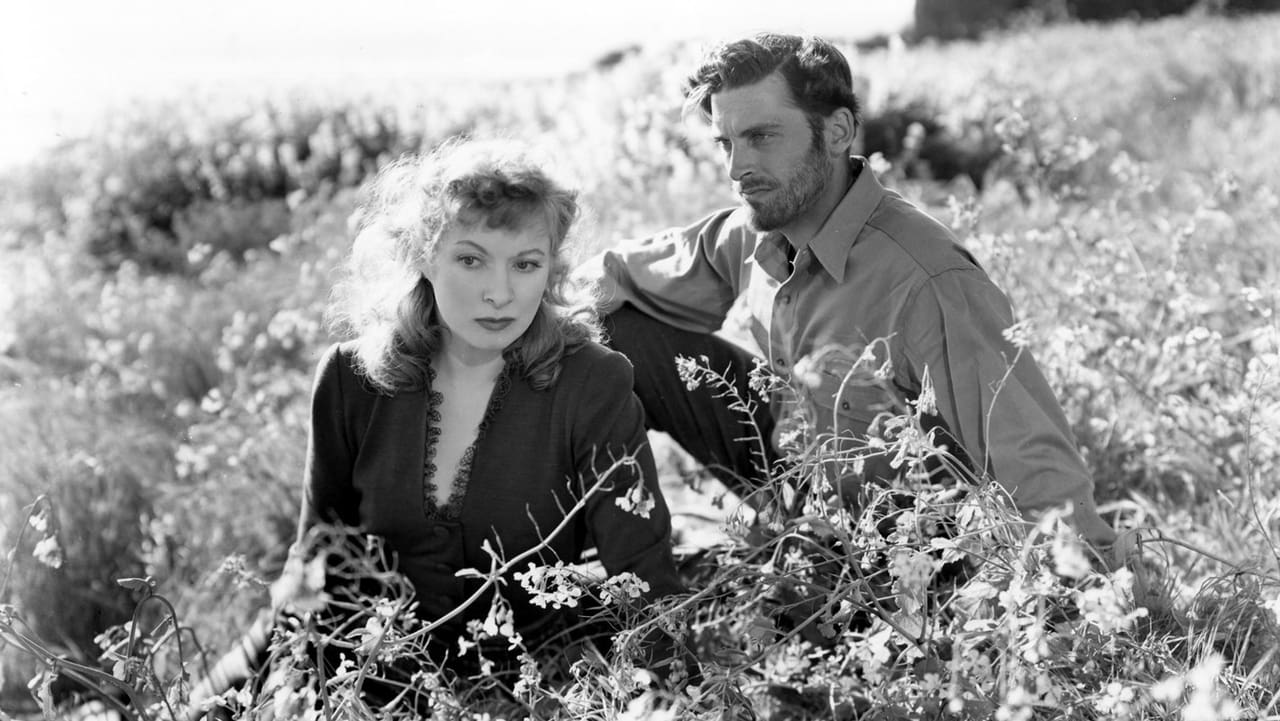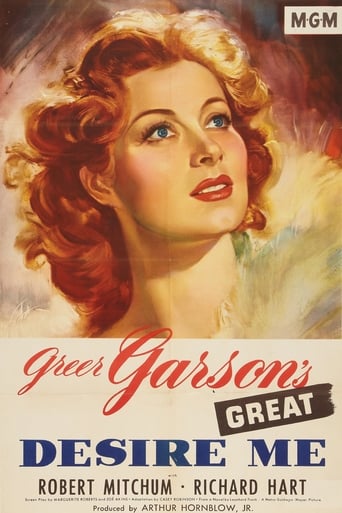Incannerax
What a waste of my time!!!
Limerculer
A waste of 90 minutes of my life
Curapedi
I cannot think of one single thing that I would change about this film. The acting is incomparable, the directing deft, and the writing poignantly brilliant.
Phillida
Let me be very fair here, this is not the best movie in my opinion. But, this movie is fun, it has purpose and is very enjoyable to watch.
Felonious-Punk
Its structure is intense. The way it's edited kept me always on the tip of my toes. I was biting my nails through half of it, and feeling a nervous guilt in the pit of my stomach through the other half. This movie has it all, from one of the best escape scenes ever, to a whole spectrum of emotional truths. I found myself switching my opinions many times about the characters and what actions they should take. All the way through the ending, I was proud for the people who lent their efforts to make this movie. The acting and cinematography are unbeatable. I repeat, unbeatable! It might not be air-tight in plot details, but it gets a certain sense of cinematic perfection across that can also be found in other 1947 movies like "Out of the Past" and "Black Narcissus". I love those movies just as much as this one, if not more, so it's a little baffling how hard people are ragging on it. It seems like the making of the movie was beset by hardship, and left a bad taste in the mouth of a lot of the cast and crew, but I see no reason that it should leave a bad taste in our mouths. It's just too gorgeous a movie to forget about. And any hardship and injury that came of it only makes the cinematic achievement that much more astounding. But ultimately, this movie's greatest achievement is that it surprisingly exudes a maturity that is more common in movies made closer to the present, for example, Mike Leigh's morality-play movies "Vera Drake" (2004) and "Another Year" (2010). It's time "Desire Me" had a re-evaluation, if you ask me.
bkoganbing
After seeing Desire Me, I looked in Lee Server's new book about Robert Mitchum. He was as unhappy as with the film as everyone else was in 1947. The film is set in postwar Brittany and it has to do with Richard Hart arriving in a small Breton fishing village. He's decided to look up Greer Garson who's the widow of a former buddy Robert Mitchum from a POW camp. He woos and wins her and then Mitchum shows up.I have to say that Mitchum, Garson, and Hart are about as convincingly French as Barry Fitzgerald. And the story is just something you want to shout to the screen, get it over with, the story just plods along so. For MGM the film location for Brittany was the California coast at Monterey. Another reviewer mentioned about Garson nearly being drowned with a sudden wave during a scene on the beach. I'm sure that caused her to lose interest in the film. Mitchum and Garson hated each other. In typical Mitchum fashion for what he felt was Garson's condescending ways, he used to eat sandwiches with onions and roquefort cheese before their closeups. That ain't a look of passion Garson's giving out with when you see this.Because Cukor got into a fight with Garson as opposed to Mitchum who was in on a pass from that inferior studio RKO, he quit the film. Mervyn LeRoy came on, Jack Conway came on, a few others did who had a spare moment or two and the thing was finished. Not a moment too soon.And NO ONE wanted to be listed as director. So the film was inflicted on the public without a directorial credit. My only question is, if this thing had turned out like Gone With the Wind which was another collaborative effort, who would have gotten the Oscar nomination for Best Director?
Thomas W. Muther, Jr. (twm-2)
As has been noted elsewhere, during the filming of "Desire Me," Ms. Garson and Richard Hart were swept into the sea by a wave along the rocky coast of California. She nearly lost her life, and as it was, sustained severe injuries that required several surgeries. All this for a misfire of a film.If not for the luminous presence of Greer Garson, this movie wouldn't be worth anyone's time. Considering the cast and director (George Cukor, who removed his name from the credits before the film's release) it's a wonder how it turned out so relatively poor. One would think the script's weaknesses should have been readily apparent. {SPOILERS AHEAD} The outline of the plot is fine: Paul (Robert Mitchum) is imprisoned during WW-II in a German POW camp. He spends his time telling a fellow prisoner, Jean (Hart), details about his life with his wife, Marise (Garson). Jean, whose life has been less than idyllic, becomes absorbed in these tales, and soon begins to think of these stories as HIS stories. When he and Paul attempt escape, Paul is shot, but Jean succeeds. He goes to Paul's home he has come to know so well and tries to claim Marise, who has been faithfully waiting for Paul for several years, as his own--in spite of the fact that he knows (or at least strongly suspects) that Paul is actually still alive. That outline could have been turned into a fine film--but the details were its undoing. Crucial to the story is the devotion Marise and Paul have toward each other.Unfortunately, this supposed great love is spoken of, but never dramatized. We get one brief flashback of their marriage ceremony. We don't see their love grow, never observe its intensity. Yet we are supposed to be invested in their relationship. Without that investment the final reconciliation fails to move us, and so the ending falls flat. An even bigger failing is how the relationship between Marise and Jean plays out. He immediately begins to pressure her to form a relationship with him--this in spite of the fact that until he tells her that he saw Paul die, Marise still believed him to be alive. No matter how lonely she might have been in the years she awaited Paul's return, she obviously would need some months to grieve her loss. To have someone pushing her into a relationship the very day she hears the news would be off putting to say the least--terrifying and enraging being even more likely reactions. Instead, we are to believe that Marise would experience only some relatively vague misgivings, and within about a week is sufficiently recovered to consider marrying this man (so much for this supposed great love between Paul and Marise). For this bit of absurdity to work, all one would need do is, first, provide more background (lots more background) to the relationship between Marise and Paul. Second, make Jean more crafty. Instead of fairly pouncing on Marise, have him offer his friendship and support. Have their relationship grow over the course of MONTHS, not days. These two changes alone might have turned the movie into a classic--IF Ms. Garson and Mr. Mitchum could have developed some chemistry between them. As it stands, they had none. With only 4 minutes of screen time together, how much could they be expected to generate? It's too bad. They were two such great stars . . . it would have been interesting to see them together. Still, for all its considerable faults, I give the film a 5 out of 10 on the basis of the great Greer Garson's presence, some great cinematography and an interesting, if poorly realized, premise. All in all, it's too bad Ms. Garson didn't elect to work in some other, more rewarding--and less painful--project.
Pat-54
Director George Cukor was so unhappy with his production of "Desire Me," that he insisted that his name be taken off the opening credits. It was the first film M-G-M had ever released without one. No happy memories about the filming for Greer Garson either. During the filming of one scene, which was by the ocean, a wave came up unexpectedly and swept the star out to sea. She nearly drowned!

